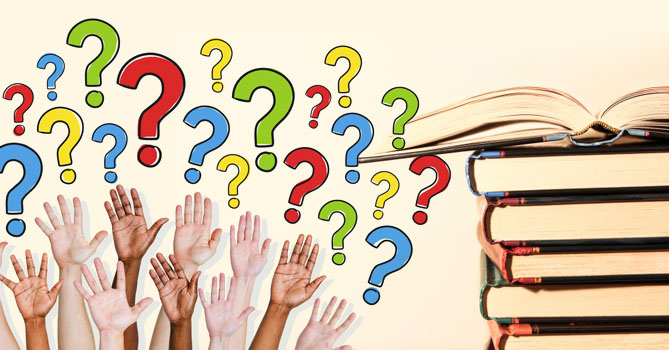Question: In answering a question on a multiple choice test, a student either knows the answer or guesses. Let 3/5 be the probability that he knows the answer and 2/5 be the probability that he guesses. Assuming that a student who guesses at the answer will be correct with probability 1/3 What is the probability that the student knows the answer, given that he answered it correctly?
The correct answer is –
This is a conditional probability problem, where we want to find the probability that the student knows the answer, given that he answered it correctly.
Let’s define the following events: A = student knows the answer B = student guessed the answer C = student answered the question correctly
We want to find P(A|C), the probability that the student knows the answer given that he answered it correctly.
We can use Bayes’ theorem to find this probability:
P(A|C) = P(C|A) * P(A) / P(C)
where P(C|A) is the probability that the student answered correctly given that he knows the answer, P(A) is the prior probability that the student knows the answer, and P(C) is the total probability of answering correctly, which can happen either by knowing the answer and answering correctly, or by guessing and answering correctly:
P(C) = P(C|A) * P(A) + P(C|B) * P(B)
where P(C|B) is the probability that the student answered correctly given that he guessed.
We are given that:
- P(A) = 3/5
- P(B) = 2/5
- P(C|B) = 1/3 (since the student is correct with probability 1/3 when guessing)
We need to find P(C|A), the probability that the student answered correctly given that he knows the answer. This is simply the probability of answering correctly when he knows the answer, which is 1.
Putting it all together:
P(C) = P(C|A) * P(A) + P(C|B) * P(B) = 1 * 3/5 + 1/3 * 2/5 = 11/15
P(A|C) = P(C|A) * P(A) / P(C) = 1 * 3/5 / 11/15 = 9/11
Therefore, the probability that the student knows the answer, given that he answered it correctly, is 9/11 or approximately 0.818.


